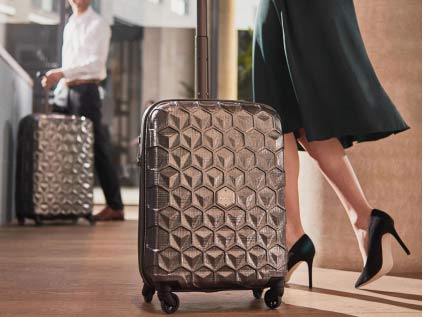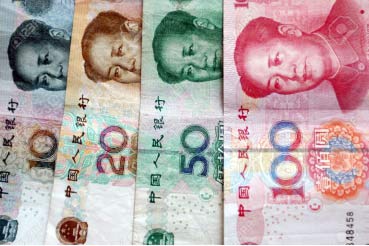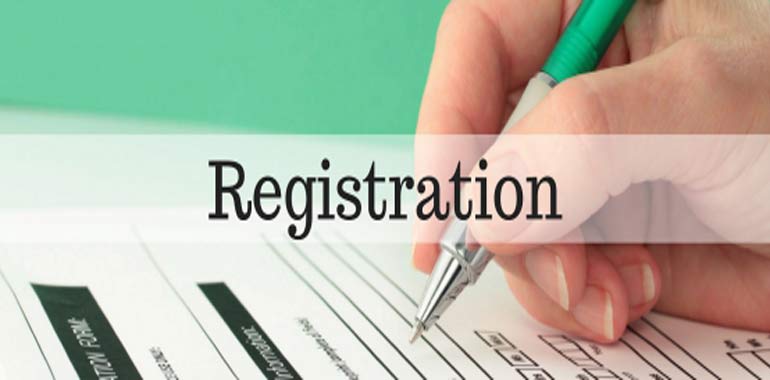Preparations for the China Study
You must be excited to receive a Chinese university admission. Wait a minute! You still need to make some preparations before you actually arrive in China! Here are many tips for international students who will come to and study in China.

1. LEARN MORE ABOUT THE MAJOR
Most of the major details are in your admission letter. Admission letters usually include admission information such as majors, study time, the language of instruction, and registration information. It also includes important information such as the time, location and materials required for new student registration.
2. LEARN MORE ABOUT THE UNIVERSITY
Scholarshipchina has the details of major you will study. How to get to the Chinese university, how to live in your booked accommodation, and how to get a clear guide to registering at the university can be easily found. You can also go to the Chinese school's website for further information. At the same time, you can find information about Chinese university introductions, facilities, and campus life. Read them carefully, and make sure you have more information before you come to China.

3. CITY INFORMATION
You can search for the city of the scholarshipchina or the website of the city in China to browse the city where the university is located. You can find all the city information you might want to know, including weather, climate, local cuisine and transportation, travel tips and more. It is worthwhile to save local maps and famous landmarks to ensure that you have a basis when you are lost and asking passersby.

4. BAGGAGE PREPARATION
It is very important to read packing list for study abroad in China. You can buy electronic equipment and daily necessities on the Chinese campus or nearby shopping malls when you arrive in China. Under Chinese law, please do not bring prohibited items such as drugs and flammable and explosive materials.
A. It is recommended to bring some Chinese RMB to cover the basic cost from the airport to the school and daily necessities.
B. Bedding: sheets, duvet covers, pillowcases, duvets, mattresses.
C. Clothing: The climate varies greatly from region to region. It is difficult to provide tips for getting dressed. It is best to check the city information for climatic conditions. Please prepare your clothes according to the location of the school.
D. Toiletries: lipstick, bath towel, towel, toothbrush, toothpaste.
E. Electronic devices: laptops and accessories, power adapters, AC adapters, portable chargers. The Chinese standard voltage is 220V. Please bring your own voltage conversion device.

F. Commonly used drugs: drugs for respiratory and digestive diseases, painkillers, anti-inflammatory drugs, insect repellents, moisturizers, etc. Don't forget to bring anti-allergic drugs.
5. SAFETY INSURANCE AND MEDICAL EXAMINATION
In order to protect the safety of international students during your stay, all international students should have medical insurance and medical examination reports. The price of safety insurance is about $100 a year. If you are undergoing a medical examination at the location of the international student, the price depends on the local hospital. For medical examinations in China, the cost of medical examination depends on the location of the university and generally does not exceed $20.
All foreigners who have been studying in China for more than 6 months, that is, X visas, must undergo a medical examination before or after entering China. This is a very important proof. When you apply for a residence permit in China, you must submit relevant documents to confirm that you have passed the medical examination.

6. MONEY
You can convert it to US dollars in your own country and then convert it to RMB after entering China. The legal currency of China is the RMB (¥). Its basic unit is yuan. In addition, Alipay and WeChat payments are supported in many places. You can learn more before you come to China. In addition, few stores in China support credit card payments. At Bank of China, the following foreign currencies can be exchanged for RMB: GBP, USD, AUD, CHF, EUR, JPY, KRW, DKK, PHP, CAD, SGD, SEK, NOK, THB.
7. BASIC CHINESE
In order to avoid communication difficulties, you can learn some Chinese common greetings in advance, or you can write contact information in Chinese, such as your contacts in China, school administrators, destinations, etc.

8. REGISTRATION
Upon arrival, you must register with a Chinese university and local government. At the same time, don't forget to apply for a residence permit at the local public security department. Please have a visa for China before you go.




